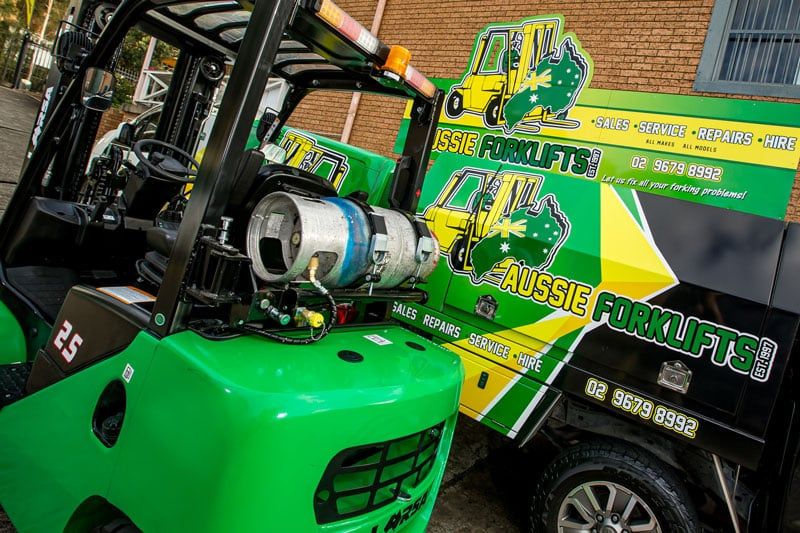
Maximising Efficiency: Tips for Maintaining Your Gas Forklift Fleet
In any warehouse or industrial setting, the efficiency of your operations heavily relies on the performance of your equipment, particularly gas forklifts. These workhorses play a crucial role in material handling, so ensuring they are properly maintained is paramount. Neglecting maintenance can lead to costly breakdowns, downtimes, and even safety hazards. To help you keep your gas forklift fleet in optimal condition, here are some essential tips for maintenance:
Regular Inspections:
Implement a routine inspection schedule for each forklift in your fleet. Check for any signs of wear and tear, fluid leaks, tyre condition, and any other potential issues. Catching problems early can prevent them from escalating into major repairs.
Fluid Checks:
Gas forklifts rely on various fluids to function correctly, including fuel, oil, hydraulic fluid, and coolant. Regularly check fluid levels and top them up as needed. Additionally, monitor for any leaks, as they can indicate underlying problems that need attention.
Scheduled Servicing:
Follow the manufacturer’s recommended servicing schedule for each forklift. This typically includes tasks such as oil changes, filter replacements, and spark plug inspections. Adhering to these schedules can prolong the lifespan of your equipment and ensure optimal performance.
Proper Fuel Management:
Ensure that your gas forklifts are fueled with the correct type of gasoline and that refueling procedures are followed correctly. Using the wrong fuel can damage the engine and other components. Additionally, consider implementing fuel tracking systems to monitor usage and identify any inefficiencies.
Operator Training:
Proper training for forklift operators is essential not only for safety but also for equipment maintenance. Operators should be trained on how to operate the forklifts correctly, how to perform basic maintenance tasks, and how to identify potential issues.
Cleanliness:
Keep your forklifts clean both inside and out. Regularly remove debris, dirt, and dust from the engine compartment, chassis, and other components. Cleanliness not only improves the aesthetics but also helps prevent the buildup of contaminants that can affect performance.
Storage Practices:
When not in use, store your gas forklifts in a clean, dry, and well-ventilated area. Avoid exposing them to extreme temperatures or environmental conditions that could accelerate corrosion or deterioration.
Replace Worn Parts Promptly:
If any components show signs of wear or damage during inspections, don’t delay in replacing them. Continuing to operate with worn parts can lead to further damage and compromise safety.
Utilise Telematics:
Consider investing in telematics systems for your forklift fleet. These systems can provide real-time data on equipment performance, usage patterns, and maintenance needs, allowing you to proactively address issues and optimise fleet efficiency.
Regular Training and Communication:
Keep your maintenance staff and forklift operators informed about best practices, updates in maintenance procedures, and any safety concerns. Encourage open communication to ensure that any issues are addressed promptly.By following these maintenance tips, you can maximise the efficiency and lifespan of your gas forklift fleet, ultimately improving productivity and reducing operating costs. Remember, proactive maintenance is key to keeping your operations running smoothly and safely.